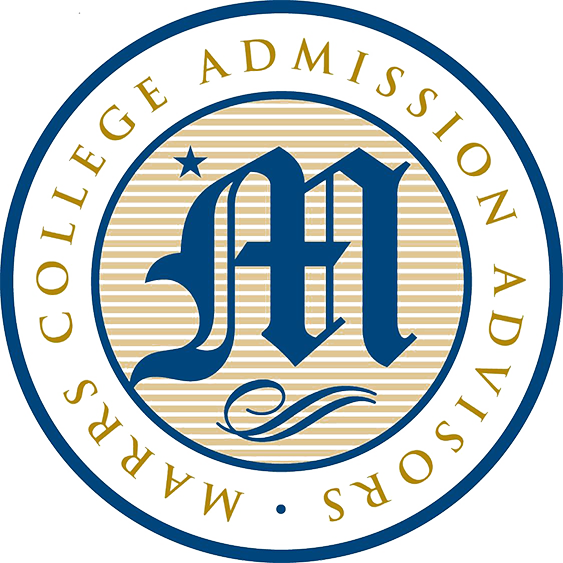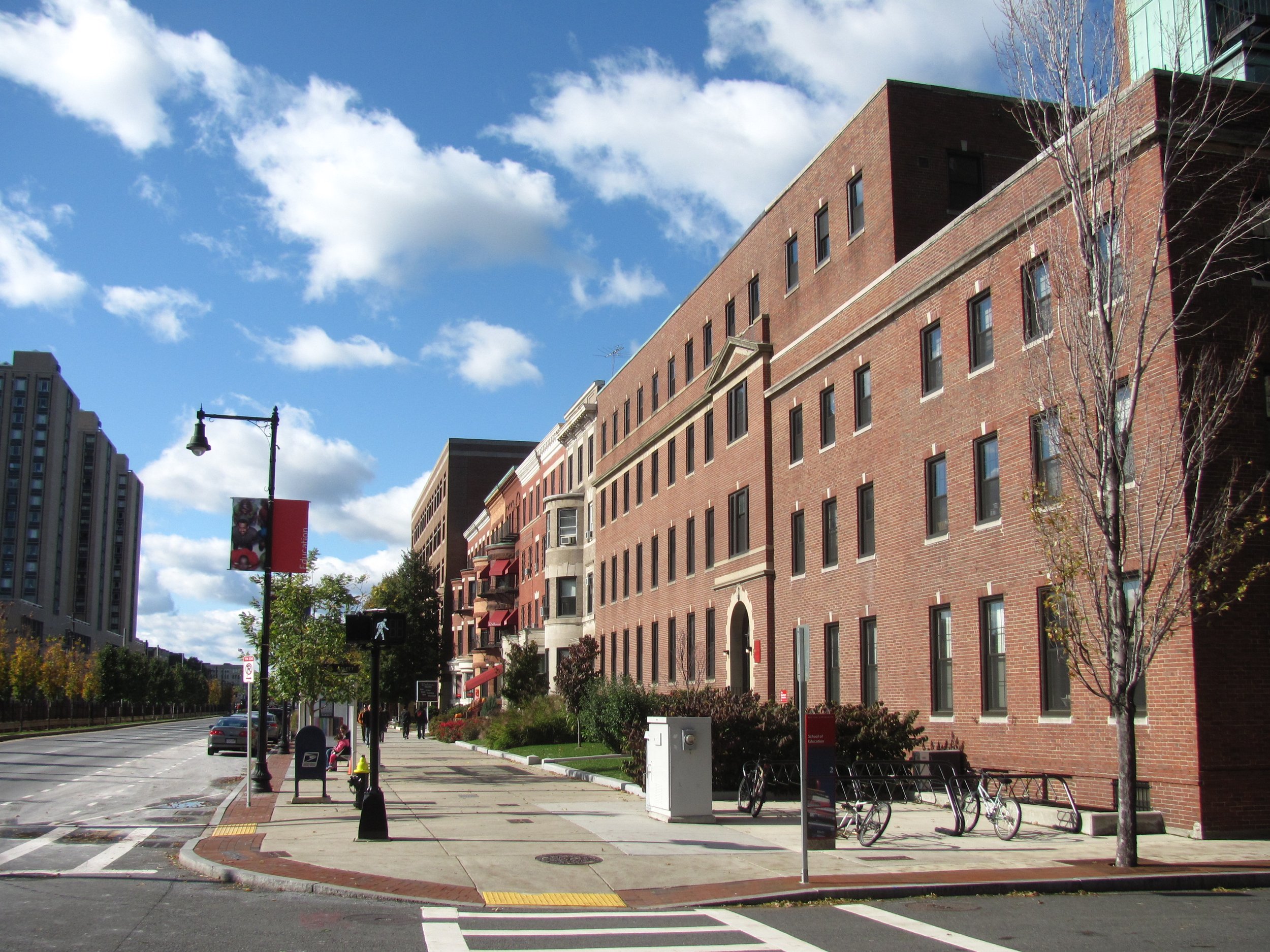College Highlight
Boston University
From the Fiske Guide to College
Boston, MA
One of the nation’s largest private universities and namesake to a city that boasts more than 40 four-year colleges. Location adjacent to the Fenway is the promised land for hordes of students from all over the world seeking a funky, artsy, youth-oriented urban setting that is less in-your-face than New York City. More selective than in the past and comparable to NYU and George Washington. Like The George Washington University and NYU, Boston University, founded by Methodists in 1839, is an integral part of the city it calls home (although it actually started in Vermont).
The school’s mammoth collection of nondescript high-rises stretches along bustling, six-lane Commonwealth Avenue—and so do thousands upon thousands of students. From aspiring actors, musicians, journalists, and filmmakers, to future doctors, dentists, and real estate developers, BU seems to offer something for everyone. A junior says, “You definitely walk away from BU with a sense of accomplishment and individuality.” The BU campus is practically indistinguishable from the rest of the urban landscape that surrounds it. A measure of relief is available on the tree-lined side streets, which feature quaint Victorian brownstones. Newer facilities include the WBUR CitySpace, a multipurpose performance space and broadcast studio.
In 2018 BU launched its first ever university-wide general education curriculum, BU Hub, a four-year program intended to create more opportunities for experiential, cocurricular, and interdisciplinary learning. All students must satisfy requirements in diversity, civic engagement, and global citizenship, along with traditional academic areas like communication; quantitative reasoning; philosophical, aesthetic, and historical interpretation; and social and scientific inquiry. The BU Cross-College Challenge, BU Hub’s signature feature, gives juniors and seniors the chance to collaborate with a small team of classmates and faculty from across the university on an interdisciplinary project. BU’s 10 undergraduate schools and colleges offer more than 300 majors and minors; business administration, communication, economics, and psychology are the most popular. “All of the academic programs I’ve encountered have an accomplished faculty that brings real-world experiences into the classroom,” says a political science major.
The College of Communication combines theory with hands-on training—some of it by adjunct professors with day jobs at major newspapers and TV networks. It also houses the nation’s first center for the study of political disinformation. The well-regarded School of Theatre benefits from the 250-seat, flexibly designed Booth Theatre, which adjoins production and costume shops, design labs, and classrooms. The College of Arts and Sciences offers some 70 majors and special advising for premed and prelaw students. A highly competitive seven-year program admits qualified students simultaneously to the undergraduate program and the university’s medical school. Many students in the College of Health and Rehabilitation Sciences: Sargent College go on to earn graduate degrees from the college’s highly ranked physical and occupational therapy programs. The Questrom School of Business, one of BU’s top programs, offers an honors program for sophomores and concentrations in such areas as law, innovation and entrepreneurship, and business analytics. Future employers of students in the School of Hospitality Administration offer internships in exotic locales such as Sydney and Shanghai. The College of Engineering, known for its biomedical engineering program, boasts a high-tech robotics lab. Students in the Wheelock College of Education and Human Development, created in 2018 when BU absorbed the academic programs of the former Wheelock College, can test their ideas for curricular reform in the public schools of nearby Chelsea, while those in the School of Visual Arts may show their work in one of three campus galleries. Sixty-two percent of classes have fewer than 20 students, and students say the academic climate encourages both cooperation and competition.
37 percent of students participate. The Kilachand Honors College is a four-year undergraduate living/learning community that offers students the small classes, close interaction with faculty, and communal atmosphere of a small liberal arts college along with the resources of a major urban research university. According to a biology major, BU students are “really cool nerds: smart, but also fun.”.
BU has introduced a number of initiatives to address affordability: the university now guarantees to meet 100 percent of admitted students’ demonstrated financial need and promises that if tuition increases, need-based scholarships will also increase by the same percentage. Loans are not included in financial aid packages for incoming freshmen who are eligible for the Pell Grant. In addition to need-based aid, BU offers merit scholarships averaging $23,600 each year as well as 328 athletic scholarships in 19 sports. Seventy percent of BU students live in campus housing, which is guaranteed for four years and selected via a lottery system. “Freshman/sophomore dorms are fairly typical, but housing gets better as you get to be a senior,” explains a psychology major, and some of the newest facilities are like “luxury apartments.”
Boston University shamelessly urges students to just “Be You” (ahem) and most are happy to do so, but they warn that being successful here requires a certain degree of initiative. The school is “a great place, with lots of academic and social opportunities, but it’s not for the timid student,” remarks a geophysics and planetary sciences major. “You have to be proactive about finding out what’s going on around campus, so that you can find your niche.”

